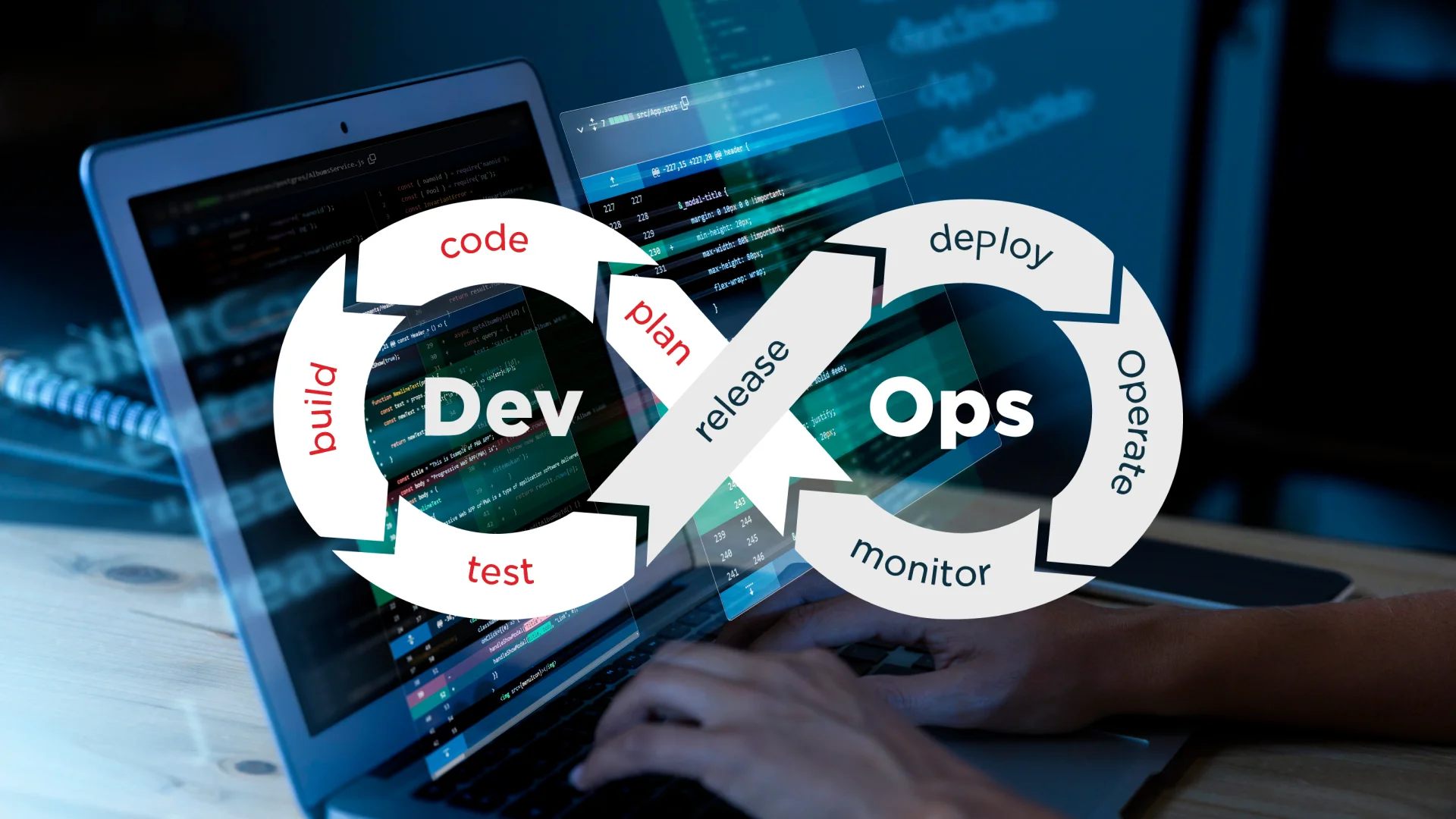Boosting Efficiency and Innovation in Application Development with SAP DevOps

Key Takeaways:
- Comprehend the transformative power of incorporating DevOps into SAP frameworks.
- Discover critical approaches to overcome common challenges in SAP DevOps integration.
- Equip yourself with strategies, best practices, and the selection of tools that facilitate a successful SAP DevOps transition.
- Gain insights into future trends and obtain practical guidance to commence the SAP DevOps journey.
Table of Contents:
- The Evolution of SAP and DevOps
- Key Benefits of SAP DevOps for Businesses
- Strategies for Successful SAP DevOps Implementation
- Challenges in Integrating DevOps with SAP
- Triumphs of SAP DevOps in Action
- SAP DevOps Best Practices
- Choosing the Right Tools for SAP DevOps Success
- SAP DevOps and the Cloud: A Dynamic Combination
- The Future of SAP DevOps: Trends and Predictions
- Getting Started with SAP DevOps: A Roadmap for Businesses
The Evolution of SAP and DevOps
The convergence of two major technological forces – SAP, a leader in enterprise resource planning software, and DevOps, a philosophy that unites software development and operations – has set a new benchmark in application development. SAP system landscapes are complex, with a legacy of robust business processes that demand precision. The introduction of DevOps into such environments has been a catalyst for enhancing productivity and fostering innovation. By adopting SAP DevOps, technological environments have transitioned towards a more agile structure, leading to faster and more reliable delivery pipelines for businesses seeking to compete in today’s fast-paced digital economy.
Key Benefits of SAP DevOps for Businesses
Businesses that integrate DevOps into their SAP environments stand to gain remarkable benefits. Among these are drastically shortened development cycles, allowing for more rapid deployment of features, adjustments, and maintenance to SAP applications. This leads to a proportional increase in the release of innovations, keeping companies ahead of the curve. With DevOps’ intrinsic emphasis on automation, quality assurance processes become more efficient, resulting in reduced error rates and faster detection of system defects. This means that products are developed quickly and meet higher standards, delivering value to end-users and stakeholders.
Strategies for Successful SAP DevOps Implementation
Organizations must cultivate a culture that bridges the gap between development and operations teams to implement SAP DevOps successfully. This change goes beyond merely adopting new tools; it fosters a collaborative mindset, reinforcing transparency and communications across departments. The integration of automated tools also plays an essential role by facilitating continuous integration and delivery processes. This automation extends to testing and monitoring, ensuring that feedback is immediate and actionable, thus enabling a cycle that constantly drives improvements in the SAP system and the supporting processes.
Challenges in Integrating DevOps with SAP
The integration of DevOps into SAP environments is challenging. One primary challenge involves balancing DevOps’s modern, rapid deployment methodologies and the traditionally more conservative, controlled approach of SAP systems. Companies often face a skills gap, as teams must become proficient in SAP and DevOps practices. The need for extensive training and resources to bridge this gap cannot be understated. Moreover, security is a paramount concern, given that DevOps methodologies can introduce new vulnerabilities if not managed correctly. Navigating these challenges requires careful planning and consideration of the unique landscape of each enterprise’s SAP system.
Triumphs of SAP DevOps in Action
Several studies illustrate the significant impact of SAP DevOps adoption. Organizations implementing these integrative practices have documented notable achievements, including dramatic efficiency gains, cost reductions, and a strengthened ability to respond to market demands. Real-life examples serve not only as validation of the concept but also as blueprints that other businesses can follow in their SAP DevOps journey.
SAP DevOps Best Practices
Adhering to best practices is crucial for a successful SAP DevOps transformation. These include standardizing development and production environments to avoid disparities that can lead to deployment issues. Continuous testing throughout the development process assures quality and allows for early detection of issues. Furthermore, fostering open communication between development, operations, and other stakeholders is essential in realizing the full potential of SAP DevOps integrations.
Choosing the Right Tools for SAP DevOps Success
The correct set of tools is instrumental in achieving SAP DevOps success. Tools that support process automation, continuous integration, and delivery are fundamental for streamlining the development pipeline. Additionally, selecting tools that integrate smoothly with SAP systems and can support open-source solutions adds versatility and cost-effectiveness to the development process.
SAP DevOps and the Cloud: A Dynamic Combination
The synergy between cloud technology and SAP DevOps is another powerful combination pushing the boundaries of application development. Cloud platforms provide the scalability and flexibility necessary for DevOps practices, supporting a range of tools and services to optimize the development, deployment, and maintenance of SAP applications. Moreover, the cloud offers a conducive environment where security and compliance can be managed effectively, satisfying business and regulatory requirements.
The Future of SAP DevOps: Trends and Predictions
Looking forward, the intersection of SAP and DevOps is poised for further evolution. Trends such as enhanced automation, machine learning, artificial intelligence adoption, and the continuous rise of cloud services are set to shape the future of SAP application development. Organizations that stay abreast of these developments and adapt accordingly will likely see significant advantages in their operations and competitiveness.
Getting Started with SAP DevOps: A Roadmap for Businesses
Initiating the SAP DevOps transformation begins with a thorough examination of current processes. Organizations can strategically manage their transition by setting clear objectives and a phased road map. Regularly reviewing and iterating on DevOps practices ensures that businesses continue to refine their approach, thereby maintaining a cycle of perpetual improvement in alignment with DevOps philosophy.
Get Full info on zoroto here- zoroto
click here for – more info
Read more





